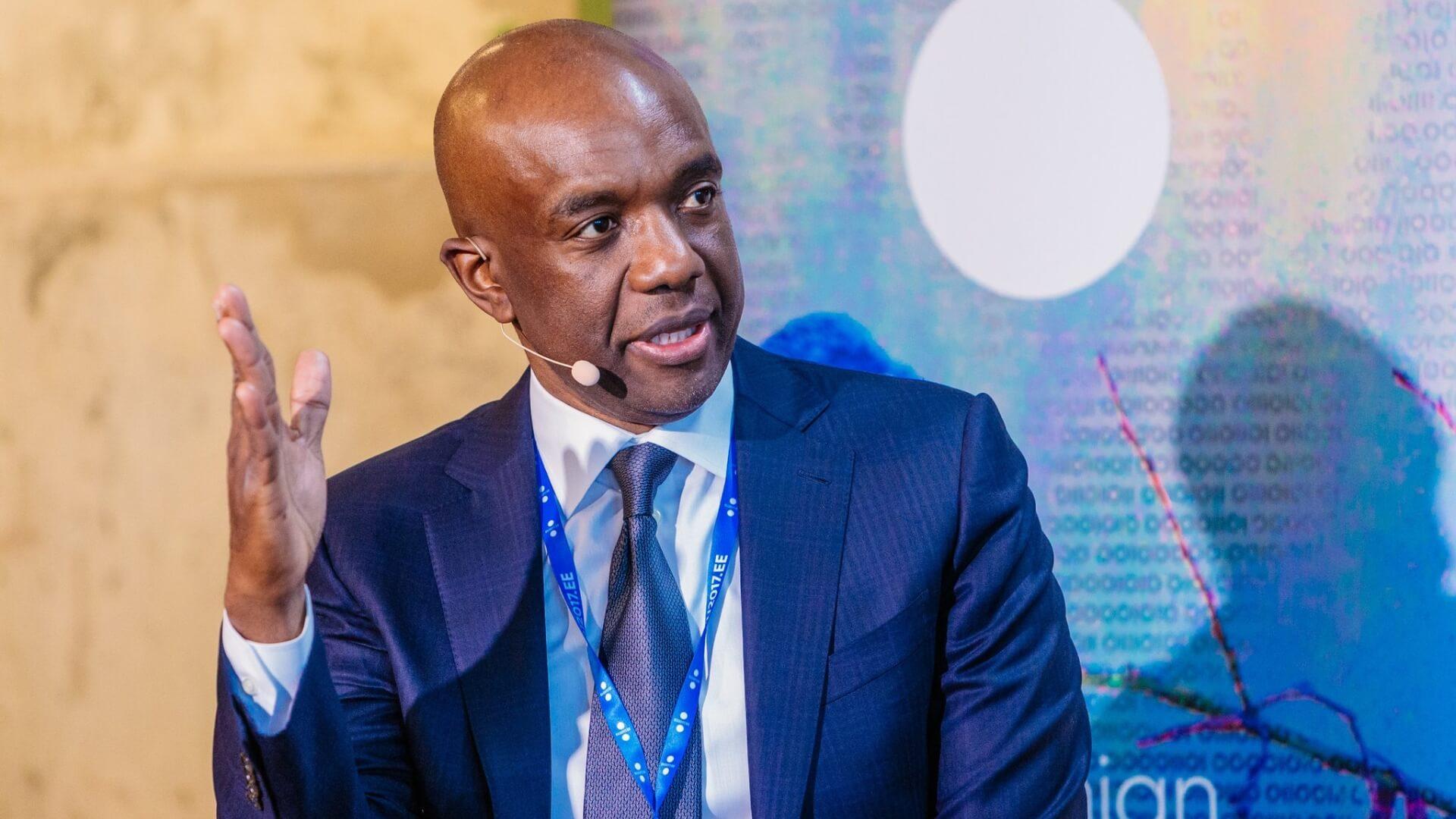Africa is bursting with AI potential—but without electricity, innovation can’t thrive. Google’s James Manyika highlights why fixing the continent’s power crisis is urgent for digital sovereignty.
Analysis: Africa’s AI Aspirations Confront the Continent’s Power Dilemma
Africa’s ambitions to become a global artificial intelligence (AI) leader are confronted by an acute, often-overlooked obstacle: severe deficits in energy infrastructure. While tech investments—such as Google’s recent $37 million commitment—attract headlines, the true enabler and bottleneck of scalable, sovereign AI in Africa is power.
Unless this underlying gap is addressed with urgency and vision, the continent risks relegating its most promising digital innovations to mere pilot projects while remaining dependent on foreign technology and capital.
The Paradox: Abundant Potential, Persistent Scarcity
Africa is uniquely positioned, abundant in renewable energy resources. Its solar potential alone could exceed projected global demand, and wind resources are equally promising. Yet, more than 600 million Africans remain without access to electricity—a striking disconnect with dire implications for AI.
Modern data centers, the computational engines of AI, demand 80kW per rack—nearly ten times the consumption of traditional servers. By contrast, Africa’s cumulative data center capacity stands at just 307MW, a fraction of the world’s total and insufficient for continental-scale AI ambitions.
This persistent “infrastructure paradox” means African AI projects, talent, and even startups often rely on overseas computing resources. The result is a form of digital dependency that undermines the very goal of African technology sovereignty.
Tech Investment: Welcome, But Not Enough
Multinational technology firms have sharpened their focus on Africa. Google’s latest $37 million investment is split between food security AI initiatives, educational outreach, and support for the Masakhane Research Foundation to advance local language tools.
The company’s flagship AI Community Centre in Accra signals a welcome emphasis on African-led solutions and local capability building.
But scale matters. By 2030, the continent’s energy infrastructure needs are valued at $2.5 trillion. Against this backdrop, even ambitious private sector commitments fall short of the systemic change necessary to power a digital revolution.
Without reliable, affordable, and sustainable electricity, investment in talent or research cannot translate into functional or scalable AI applications.
Renewable Energy Advantage—and Its Challenges
Africa’s untapped renewable energy capacity offers a possible avenue for leapfrogging carbon-intensive development models and powering next-generation technologies. Kenya’s grid, for instance, is already 90% renewable.
With coordinated investment and policy harmonization, Africa could theoretically pioneer sustainable “green AI”—building data centers powered by solar, wind, and hydroelectricity at scale.
Yet, this remains theoretical for now. Electrical access is uneven: Kenya is at 75–84%, while countries like Niger lag below 20%. Such disparities threaten to bifurcate Africa into digital “haves” and “have-nots,” heightening both economic and societal divides.
The Policy and Governance Gap
Crucially, energy and technology agendas on the continent have developed in silos. Governments rarely pursue joint strategies for grid modernization, data center development, and AI capacity building.
The $700 million Cassava-Nvidia venture targeting AI infrastructure in South Africa is a step forward, yet its success—like that of Google’s initiatives—depends on deep, parallel investment in transmission, regulation, and workforce skills.
Underlying these efforts is the question of control and ownership. If foreign entities own and operate the power and cloud infrastructure, genuine “AI sovereignty” will remain elusive for African states, regardless of the presence of local talent or research hubs.
Integration and a Continental Imperative
The path to a mature African AI sector runs through coordinated infrastructure development and regional integration.
Cross-border electricity trading—enabled by frameworks like the African Continental Free Trade Area—could allow solar-rich nations to help power diversified data centers across the continent, enabling a distributed and resilient AI backbone.
Continental organizations, especially the African Union, are now tasked with harmonizing digital and energy strategies, setting shared standards, and amplifying bargaining power with external investors.
Outlook: Closing Africa’s Power Gap is Foundational to Digital Sovereignty
Ultimately, Africa stands at a pivotal juncture. Its leaders must reframe energy infrastructure not as a distant prerequisite to AI advancement, but as an essential, immediate pillar for building indigenous innovation capacity.
The choice is not between clean energy and digital growth—they are codependent. Strategic, well-governed investment in power infrastructure will determine whether Africa’s AI breakthroughs remain mere aspirations or translate into widespread prosperity and global technological relevance.
Google’s latest investment is an important catalyst, but lasting transformation hinges on a continent-wide resolve to control both the sources and the flows of power—electrical and digital alike. The future of AI in Africa will depend not only on cutting-edge code, but on the sockets that bring it to life.
Leave a comment
Your email address will not be published. Required fields are marked *





